Monitoring and evaluation of the participatory processes of Cantieri della Salute in Tuscany
Title Cantieri della Salute – La salute si costruisce insieme
Location 5 Tuscan socio-health districts: Alta Val di Cecina–Valdera, Amiata Senese e Vald’Orcia e Valdichiana Senese, Lunigiana, Fiorentina Nord-Ovest e Valdichiana Aretina
Duration 2020-2023
Coordination Federsanità ANCI
Tecnical Partner Sociolab
Partner Università degli Studi di Firenze, Center for Generative Communication, Accademia della Crusca
Funding Tuscan Regional government
Context
In recent years, the regional government of Tuscany consolidated a rich and composite multi-level governance system of social and health services. Its mission is to structure the dialogue with citizens and Third Sector organisations and to involve them in the co-construction of broad and far-sighted responses to health issues.
Through dialogue and cooperation with the identified subjects, it is possible to enhance the work of these services, giving public administrations a renewed ability to interpret their own territory. By structuring the dialogue into a participatory process, it will be possible to develop health policies that are consistent with the needs of citizens and local communities.
The participatory process will be articulated in 6 phases:
- Context analysis
- Capacity Building of the Local Committees
- Training for Community Mobilizers
- Service design
- Test of the designed service
- Service Set up
General Objective
The project Cantieri per la Salute aims to strengthen the regional system of participation in structuring social and healthcare multi-level governance as well as new policies and services through training, co-design and the involvement of operators from the civil society. The Monitoring and Evaluation process aims to assess the outcomes and highlight the changes generated by the project.
Our contribution
Since the project has a strong experimental component, ARCO is in charge of monitoring an evaluation process with a strong emphasis on assessing replicability. ARCO activities include:
- Elaborate evaluation tools from the Theory of Change reconstructed in a participatory manner with the project partners. The tools include questionnaires to be addressed to the Zonal Participation Committees, Focus Group Discussions and Interviews with Key Informants.
- Carry out social impact assessment, i.e. measure the social added value generated in the project through the participatory research approach “Evaluating Human Development”.
- Adopt an approach that highlights not only the achievement of expected results, but also the quality of the process put in place, in terms of sustainability, scalability and replicability.
Read more on our Inclusive Development Unit
Related Projects
-

Action-Research to assess the dimension of the NEET phenomenon in Tuscany
-

Evaluation of the project to improve community awareness and response to gender-based violence in Uganda
-

Research on knowledge, attitude, social norms and practice on reproductive health rights and gender-based violence in Narok county, in Kenya
-
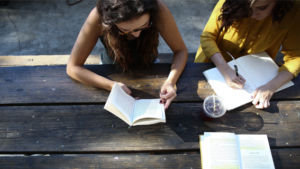
Betting on the Future: Youth and Territory in the Empolese Valdelsa Municipalities
-
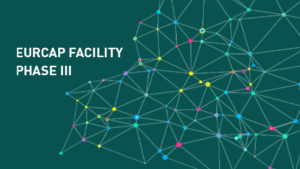
Capacity Building European Facility for the Readmission of Migrants – EURCAP, Final Evaluation
-
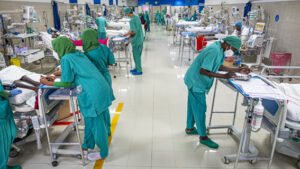
Final evaluation and SROI analysis of the project to train health personnel at the Salam Centre in Khartoum
-
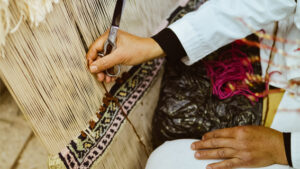
Action-research to foster the employment inclusion of persons with disabilities in Tunisia
-
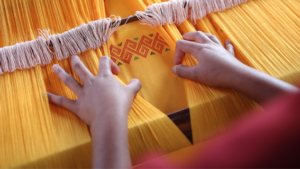
What Women Want: women’s empowerment and aspirations in SWANA countries.
-

Exploratory research on accessibility of health services in Mozambique
-

Action-Research to foster labour accessibility for young people with disabilities in Kenya
-
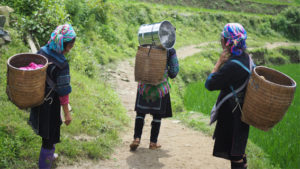
Evaluation of the project that aims to improve the health of the most vulnerable in Myanmar
-
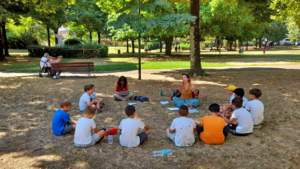
Action-Research for the Global Boyhood Initiative on stereotypes, gender roles and bullying
-
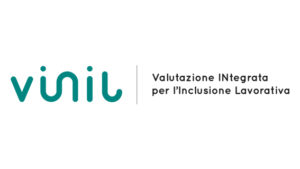
VINIL – employability assessment for persons with disabilities
-

Food Wave, Monitoring the project that promotes sustainable food consumption among young Europeans
-

Nothing About Us Without Us: Emancipatory Research and Strategic Plan on disability in Palestine
-
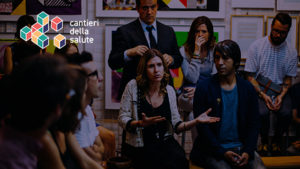
Monitoring and evaluation of the participatory processes of Cantieri della Salute in Tuscany
-

Market analysis to foster employment of young people in Mali
-
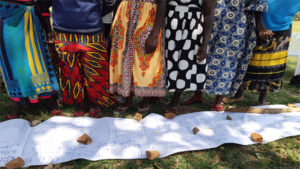
Action – Research to foster community health insurance for women in Sédhiou, Senegal
-
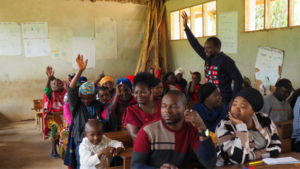
No One Left Behind: an Emancipatory Research for young people with disabilities in Tanzania
-
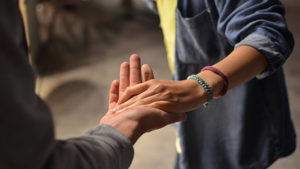
Social Board a model to contrast social exclusion, the case of Prato
-
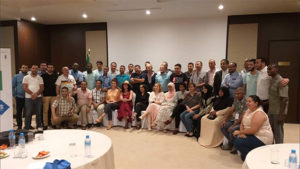
CapDeL: Incubation process for associative projects in Algeria
-

CapDeL: la ricerca al servizio dello sviluppo locale sostenibile in Algeria
-
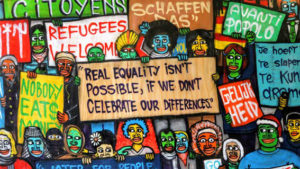
Evaluation of the SPRAR projects managed by ARCI Toscana
-
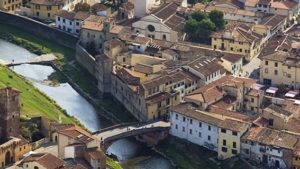
Need assessment to foster social inclusion in Tuscany
-
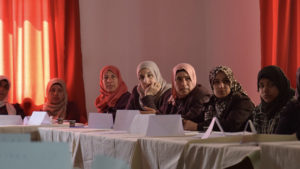
Promoting inclusive business and social entrepreneurship in Palestine
-
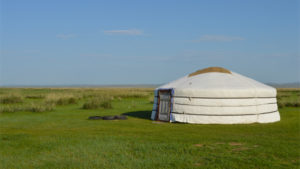
Final Evaluation of CBR Programme on disability and rights of persons with disabilities in Mongolia
-
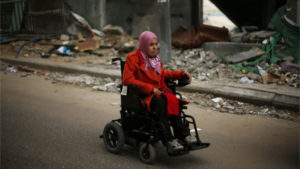
Emancipatory Research as a participatory approach to foster inclusion of women with disabilities in Palestine
-
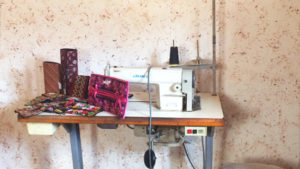
Research and consultancy for the inclusion of women with disabilities in the Gaza Strip
-
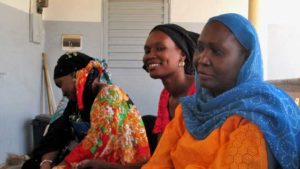
Action-Research for gender mainstreaming development in Senegal